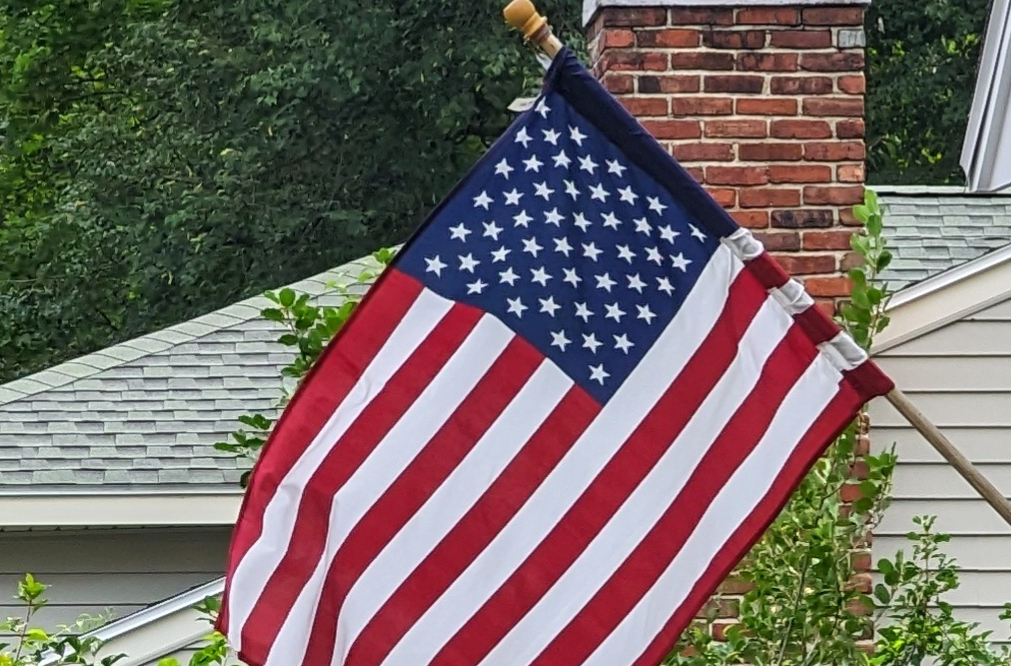
Continuing a Tradition of Civics Excellence
By Mike Sabo With new institutes emerging at colleges and universities in Florida, Ohio, Utah, Tennessee, North Carolina, Texas, and elsewhere, civics education may be
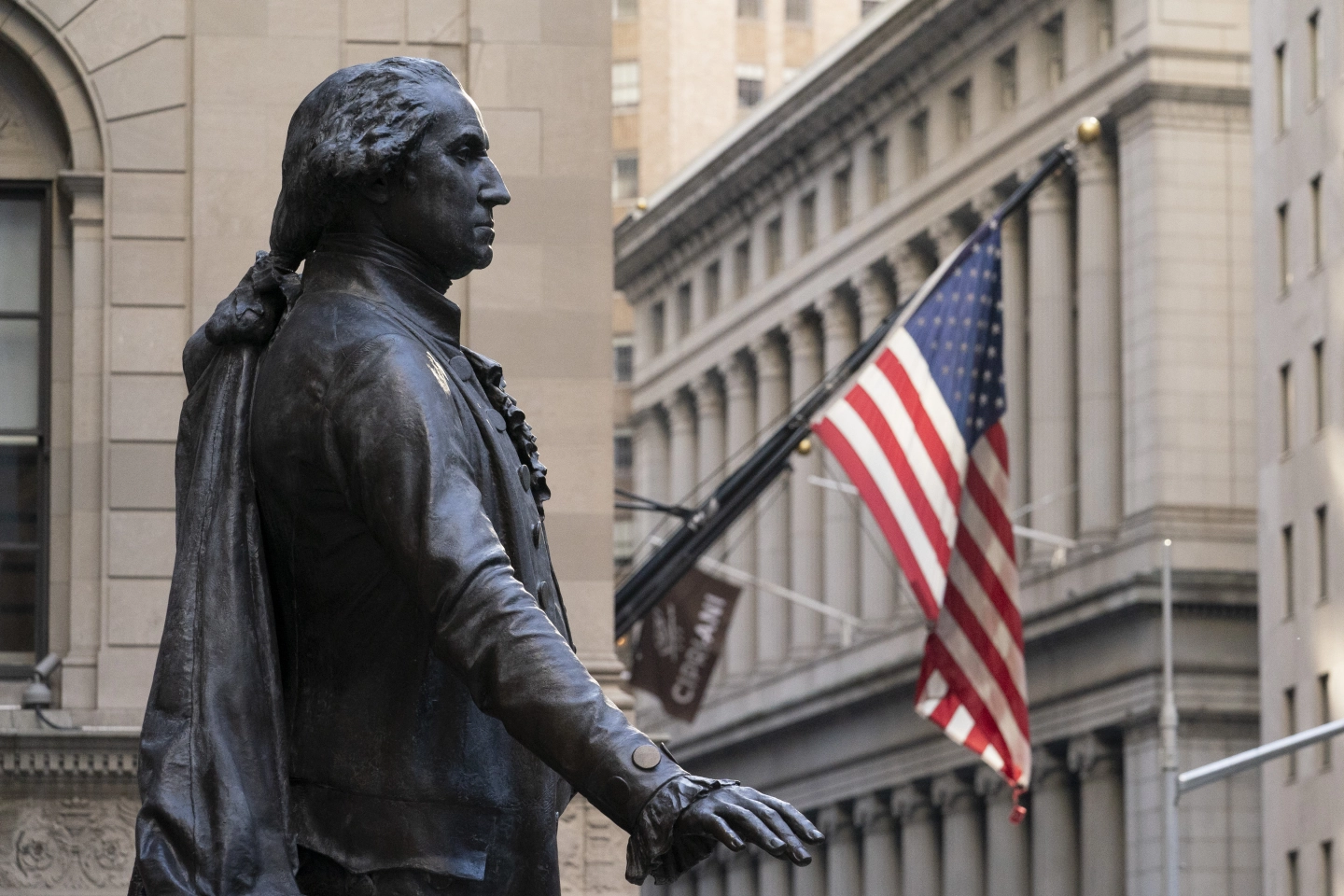
COMMENTARY
By Paul Carrese
This Thanksgiving, we should set aside time not only for prayer as a grateful nation, a practice George Washington established in 1789 and Abraham Lincoln renewed during the Civil War, but to discuss the blessing it is that great leaders throughout our nation’s history have called Americans to uphold both religious belief and religious pluralism.
We tend to forget that Washington, the indispensable Founding Father and our first president under the Constitution, was a leading proponent of the civil theology Martin Luther King, Jr. would later invoke in his 1963 “I Have A Dream” address to great effect: that the true foundations for the American belief in equal natural rights of all human beings to life, liberty, and the pursuit of happiness lay as much, or even more, in the commandments of the God of the Bible as in the arguments of philosophers. Washington as statesman-educator propounded this civil theology in several state documents and addresses, including the first Thanksgiving Proclamation of the United States in 1789.
American views of the civic role of religious belief to provide higher guidance for, and unifying strength to, our country have changed dramatically since Washington’s national call to prayer; or Lincoln’s Second Inaugural call for “malice toward none” and “charity for all” so that a victorious Union would magnanimously rebuild a free America; or King’s call for equal civil rights so that “the glory of the Lord shall be revealed, and all flesh shall see it together.” In 2023, as America drowns in angry polarization, along with a deficient education in our civic foundations and history, most of us have no grasp of the origins and deeper meaning of Thanksgiving as a federal holiday. Can we say that America has been better off neglecting, or (in some circles) deriding, the tradition of civil theology Washington established in honoring it?
As Alexis de Tocqueville observed in the 1830s, Christianity had taught Americans since the early 17th century to seek political liberty and also affirm pluralism and tolerance across denominations in the New World. Thus, in his First Inaugural Address, Washington reaffirmed, rather than invented, a civil theology for the new constitutional order. He invoked before the first Congress his “fervent supplications to that Almighty Being who rules over the universe,” the “benign Parent of the human race,” that “his divine blessing” would be evident in “the enlarged views, the temperate consultations, and the wise measures” of America’s first effective government. As the educators at Mount Vernon today helpfully convey, Washington later that year planted the seeds in Congress for a national day of thanksgiving, repentance, and prayer. Congress thereafter requested from the president just such a proclamation.
Washington’s October 1789 Proclamation called for a “day of public thanksgiving and prayer” on the fourth Thursday in November (sound familiar?). It opens with this rationale: “It is the duty of all Nations to acknowledge the providence of Almighty God, to obey his will, to be grateful for his benefits, and humbly to implore his protection and favor.” The “People of the United States” should acknowledge “with grateful hearts the many signal favors of Almighty God especially by affording them an opportunity to peaceably establish a form of government for their safety and happiness.” The Proclamation recounts further reasons Americans should pray to “the beneficent Author of all the good that was, that is, or that will be,” such that “we may then all unite in rendering unto him our sincere and humble thanks.” One such gift for thanksgiving is “the civil and religious liberty with which we are blessed.” Yet, prayer also should “beseech” the “great Lord and Ruler of Nations” to “pardon our national and other transgressions.”
Washington at the 1787 Constitutional Convention presided over the drafting of the first constitution ever to protect religious liberty by forbidding any “religious Test” for federal officeholders (Article VI, clause 3). After his inauguration, he wrote letters to several denominations that had sent congratulations, including to Catholics and Jews, defining religious liberty and “rights of conscience” as both rights and blessings for all Americans.
This Thanksgiving, we should give thanks for leaders like Washington, models of humility and national unity, who elevated America by calling for obedience to divine truths about justice, peace, forgiveness, and equal liberty for all.
Paul Carrese is the founding director of the School of Civic & Economic Thought and Leadership at Arizona State University and is a senior fellow for Civic Thought and Leadership Studies with the Jack Miller Center.

By Mike Sabo With new institutes emerging at colleges and universities in Florida, Ohio, Utah, Tennessee, North Carolina, Texas, and elsewhere, civics education may be
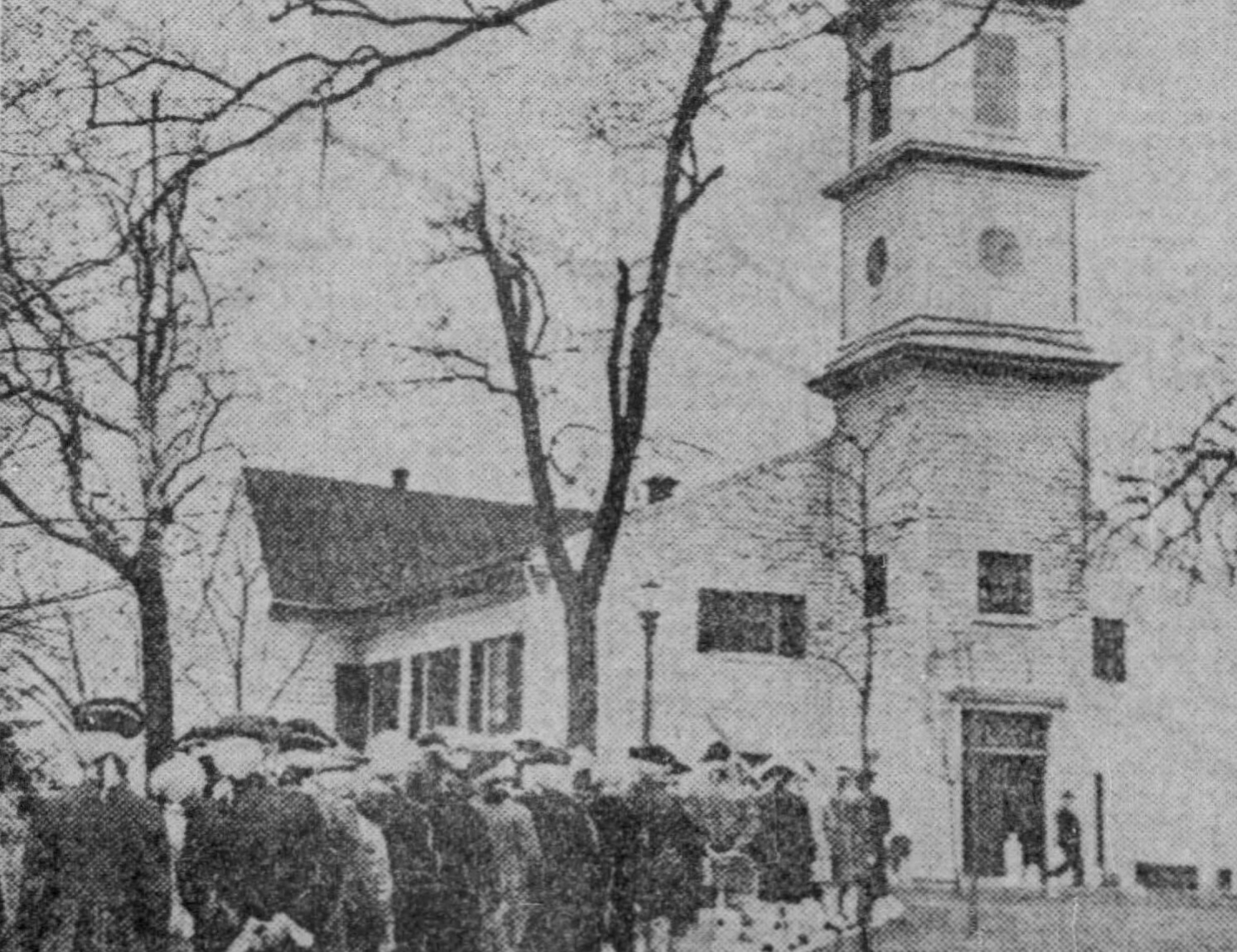
By John A. Ragosta On March 23rd in 1775, Patrick Henry rose at St. John’s Church in Richmond, Virginia, to urge his countrymen to arm
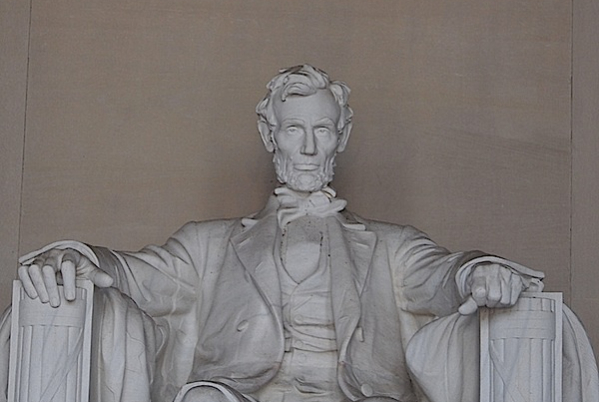
By Brian Matthew Jordan One hundred and fifty-nine years ago this Sunday, a 26-year-old white supremacist and Confederate sympathizer named John Wilkes Booth pointed a
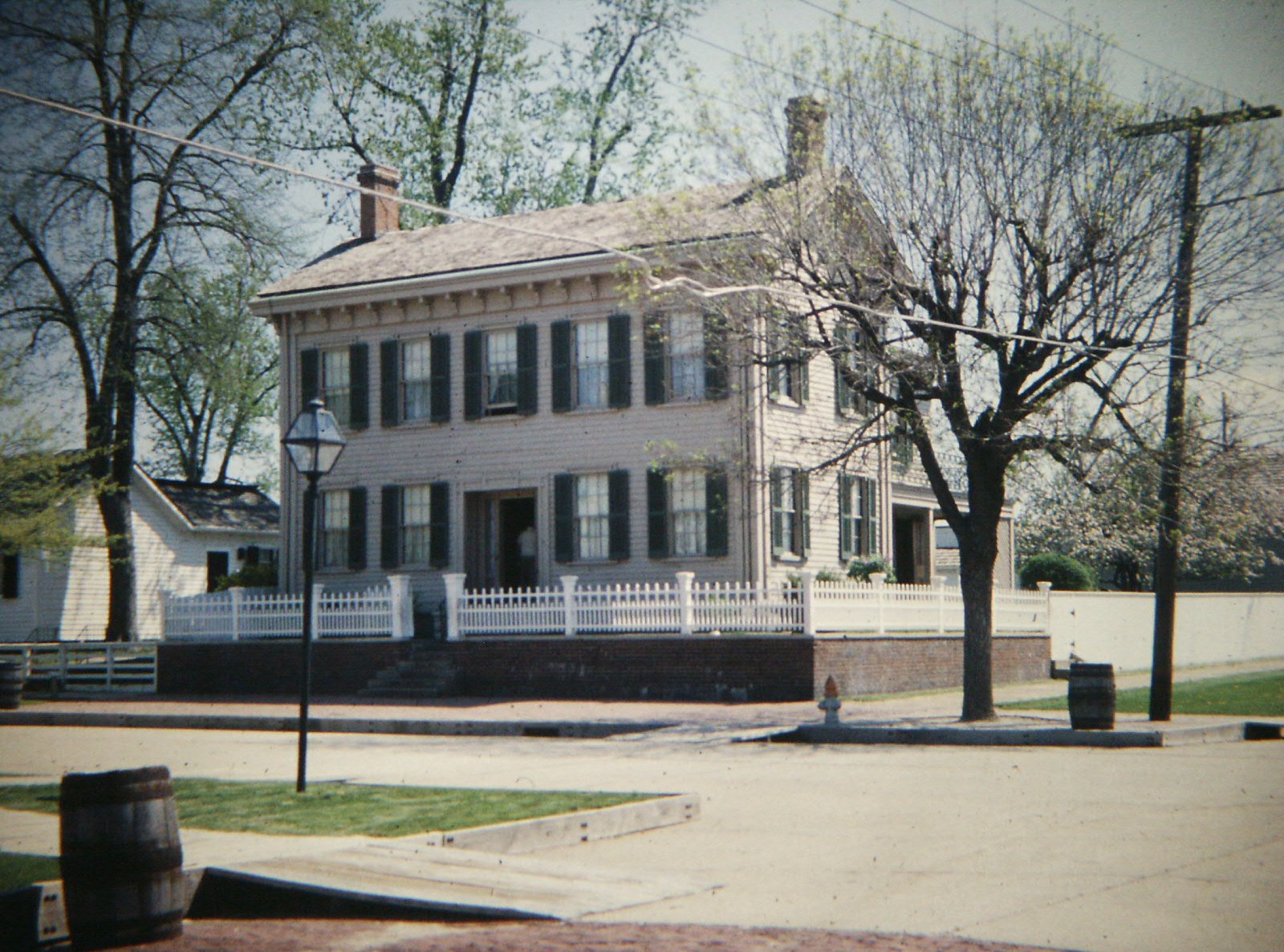
By Jonathan W. White Historians and the general public regularly rank Abraham Lincoln as America’s greatest president. There is little doubt that he is widely
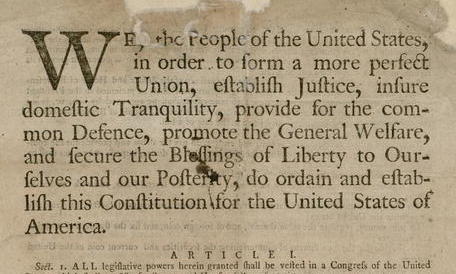
By Hans Zeiger December 15th marks Bill of Rights Day, which commemorates the 232nd anniversary when the first ten amendments to the U.S. Constitution were

The Patriot Week Foundation achieved its 501(c)(3) status in December 2012 and has moved forward by building a sustainable, nonpartisan organization. Currently staffed with an Operations Manager and Education Consultant, the Patriot Week Foundation will be adding to its complement of talent shortly.
This unique, historically grounded, non-partisan approach is desperately needed in our toxic political environment. In no small measure, the fate of the nation depends on it.
Get in Touch
Fill out the form, our team will get back to you ASAP.